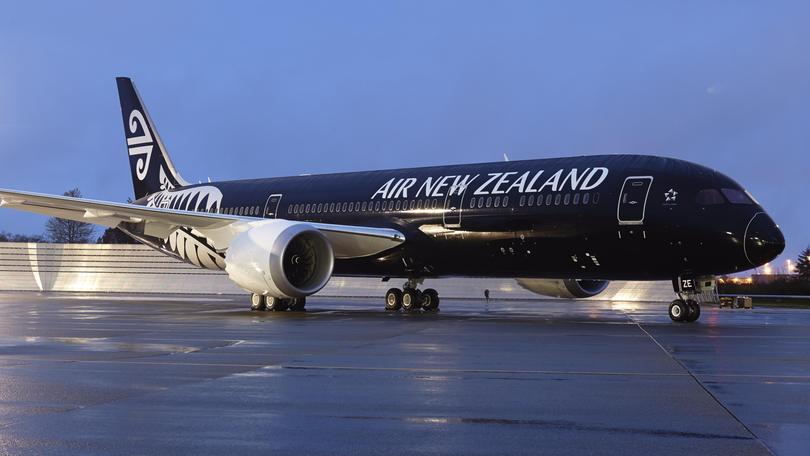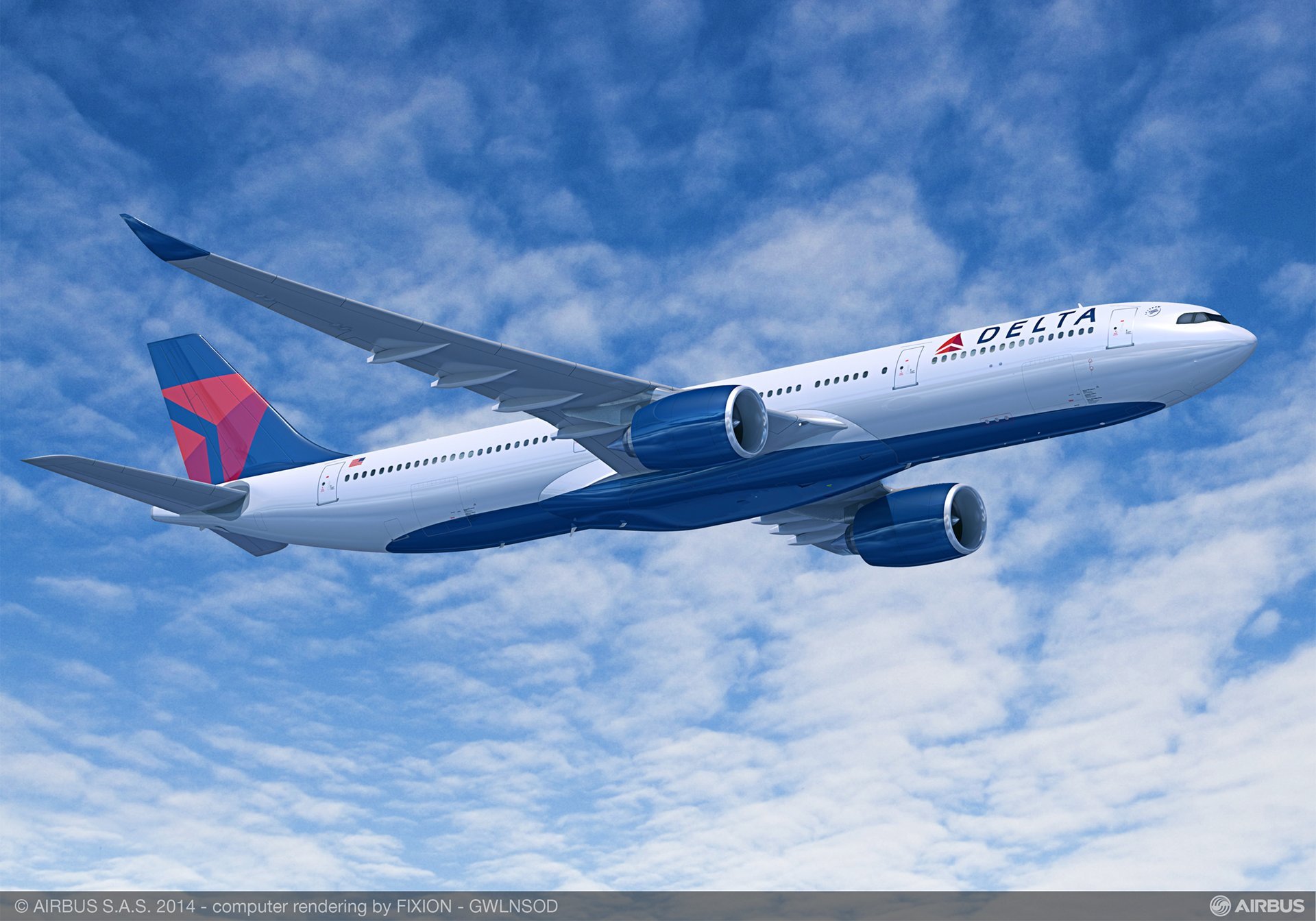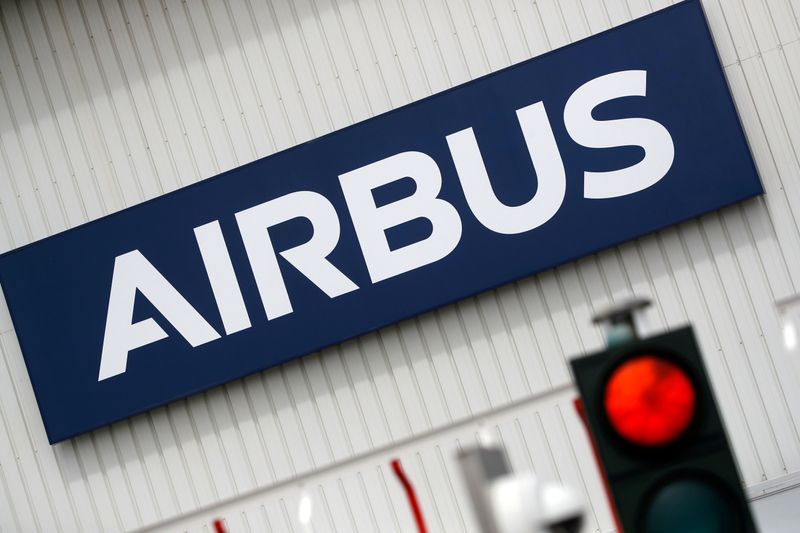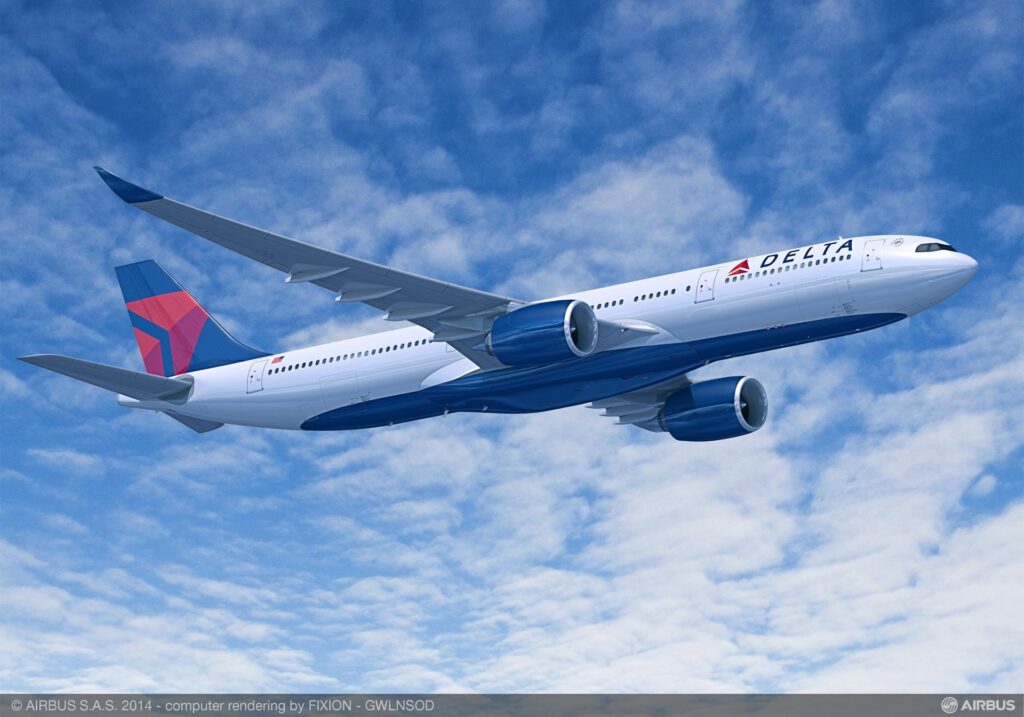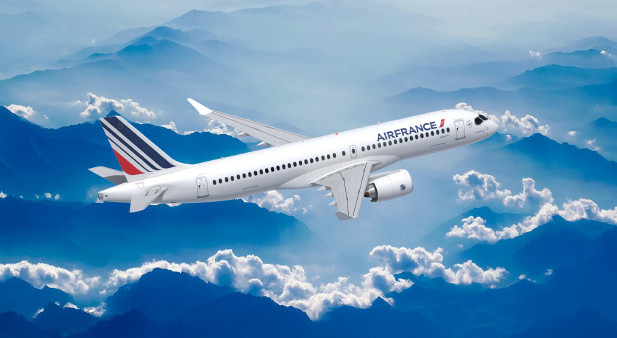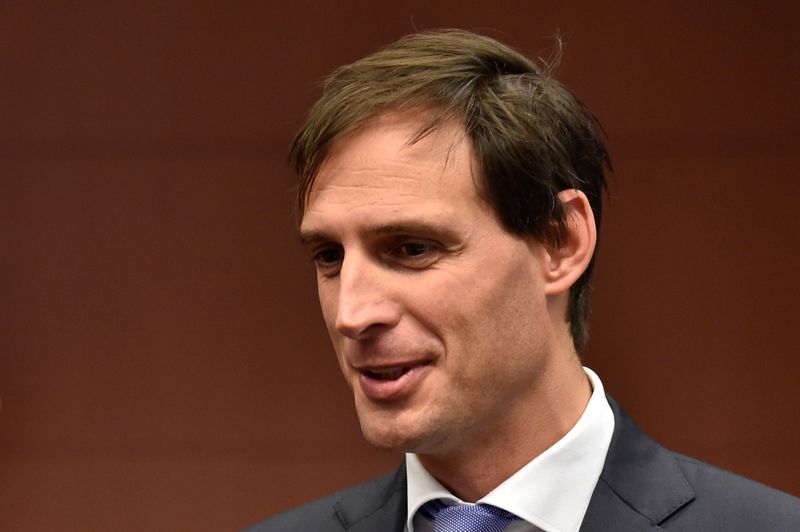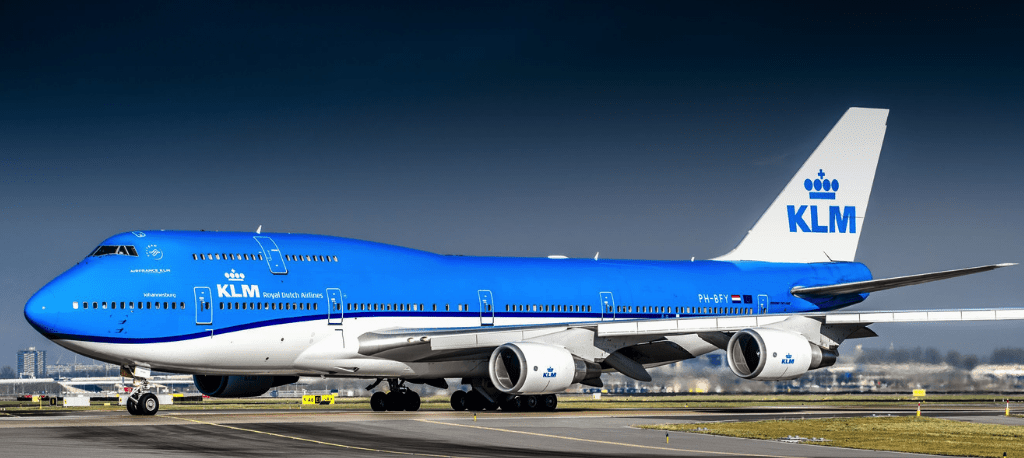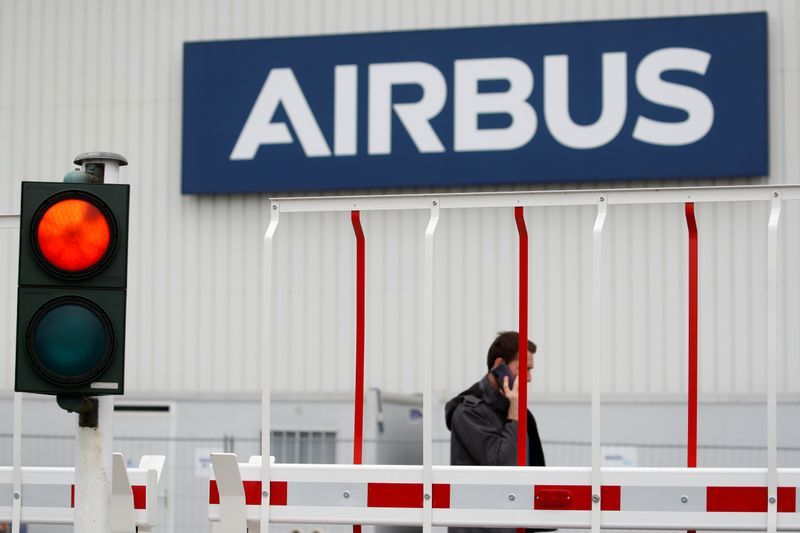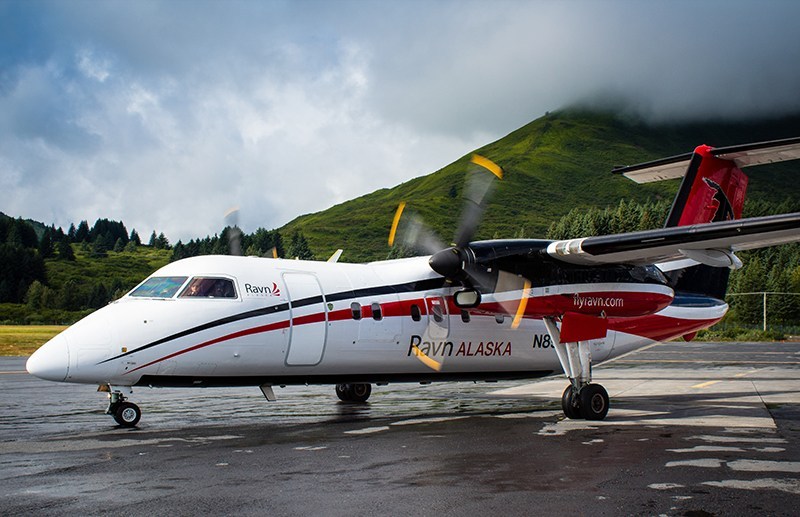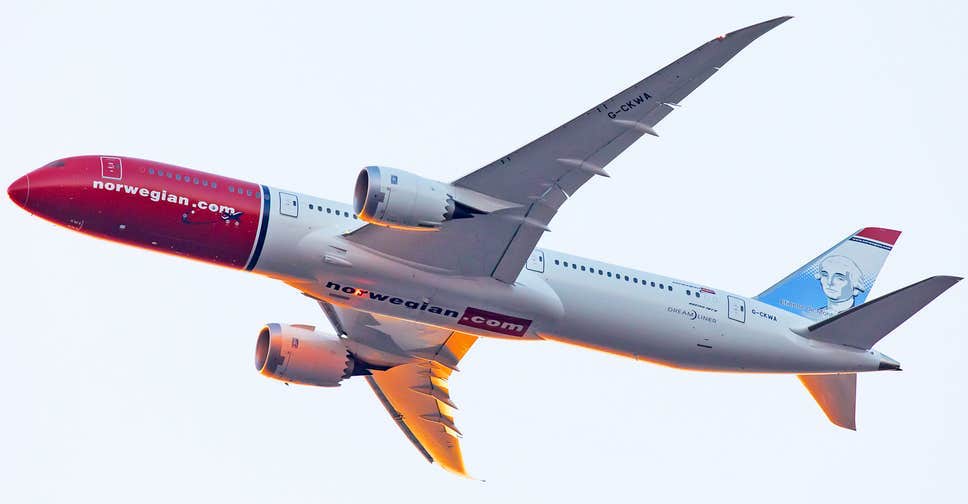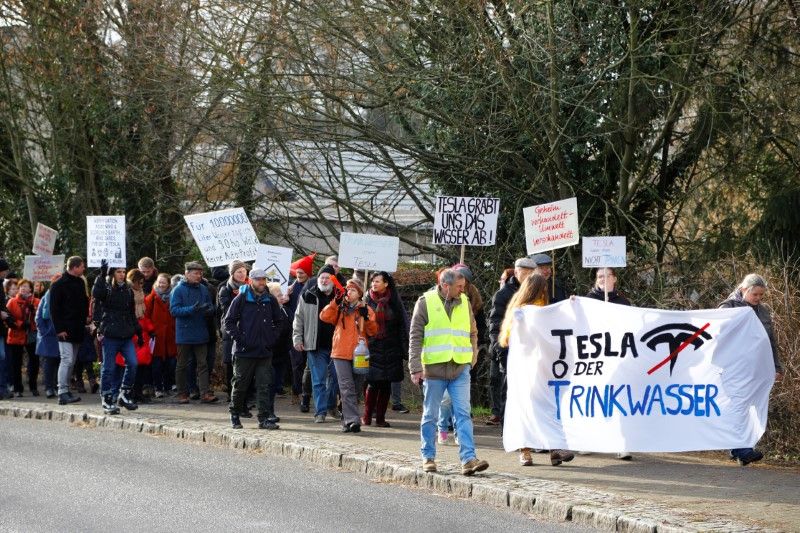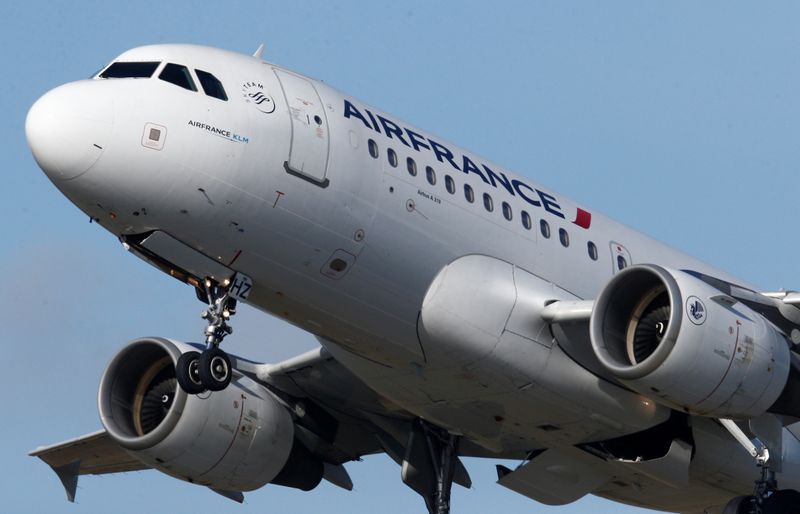The Qantas Group will require all employees to be fully vaccinated against COVID-19 as part of the national carrier’s commitment to safety.
Frontline employees – including cabin crew, pilots and airport workers – will need to be fully vaccinated by 15 November 2021 and the remainder of employees by 31 March 2022. There will be exemptions for those who are unable for documented medical reasons to be vaccinated, which is expected to be very rare.
The policy follows consultation with Qantas and Jetstar employees including a survey sent to 22,000 people to seek their views on vaccination. The 12,000 responses received makes it one of the biggest single surveys on this topic in Australia. The results showed that of those who responded:
- 89 per cent had already been vaccinated or are planning to be.
- 4 per cent were unwilling or unable to get the jab.
- Around three-quarters think it should be a requirement for all employees to be vaccinated and would be concerned if other employees in the workplace weren’t vaccinated.
Thousands of aviation workers supporting international flights in New South Wales, South Australia and New Zealand are already required to be vaccinated by those jurisdictions. Multiple airlines around the world have also made it a requirement.
Announcing the policy, Qantas Group CEO Alan Joyce said: “Having a fully vaccinated workforce will safeguard our people against the virus but also protect our customers and the communities we fly to.
Further discussions will take place with employees, their health and safety representatives and unions over the coming weeks on the detail of the policy, including how medical exemptions will be applied.
In a separate survey of more than 1000 Qantas customers, 92 per cent said they expect Qantas crew to be fully vaccinated.

